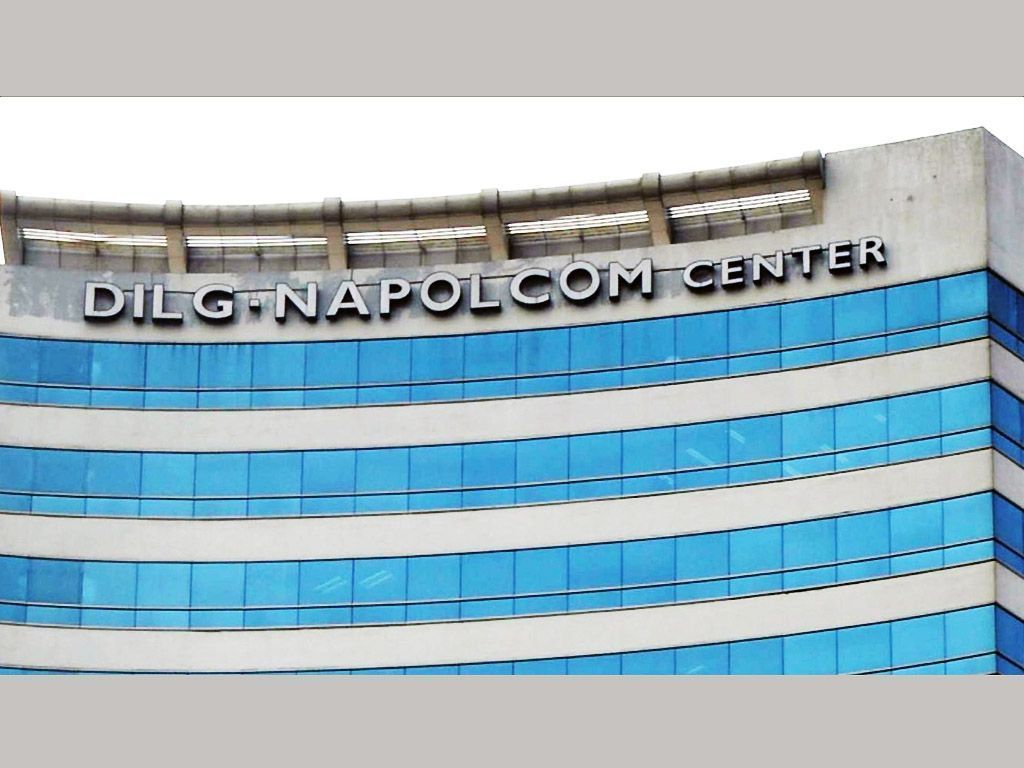
THE Department of the Interior and Local Government (DILG) issued a directive on Saturday urging all local government units (LGUs) to adopt electronic payment and collection systems (EPCS) as an alternative to cash transactions.
This move aligns with President Ferdinand Marcos Jr.’s broader initiative to modernize government operations through digital transformation.
The DILG, in a newly released memorandum circular, detailed the implementation of EPCS for collecting local taxes, fees, and other charges.
This initiative is directly in line with Executive Order No. 170, s. 2022, which mandates the use of digital payments for government transactions.
The department highlighted the numerous benefits of digital payments, emphasizing improved transparency, increased efficiency, and enhanced convenience for the public.
A DILG press release encouraged LGUs to prioritize secure and accessible digital payment options, ensuring user-friendly interfaces and partnering with authorized providers, including government-servicing banks.
To ensure compliance with national standards, the DILG emphasized the need for alignment with the National Retail Payment System Framework and strict adherence to the Data Privacy Act. LGUs are tasked with establishing clear procedures for issuing electronic invoices and billing notices, following guidelines set by the Commission on Audit (COA) and the Bangko Sentral ng Pilipinas (BSP).
While encouraging the adoption of EPCS, the DILG clarified that LGUs must continue to accept cash and other traditional payment methods alongside electronic options.
The department further encouraged LGUs to proactively support the full implementation of electronic payments by enacting appropriate ordinances and local policies. This comprehensive approach aims to facilitate a smooth transition to a more digitalized system while ensuring continued accessibility for all citizens.



